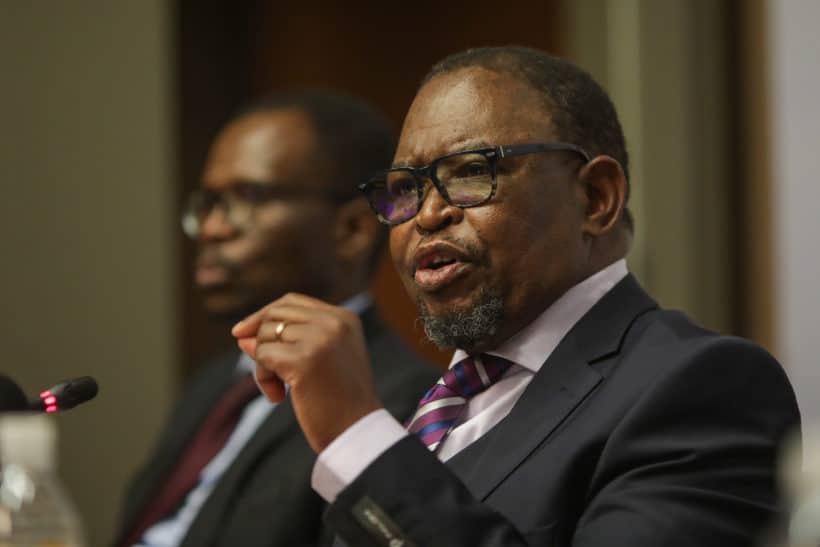
CAPE TOWN, March 31 (Reuters) – South Africa’s finance minister on Thursday announced a cut in fuel prices to help ease pressure on consumers hit with sharply rising energy costs, but his opposition counterpart labelled the gesture all-but meaningless.
With the war in Ukraine and its knock-on effects having sent oil markets soaring, Enoch Godongwana told lawmakers the government would knock 1.50 cents a litre off its general fuel levy until the end of May.
Africa’s most advanced economy is a net importer of crude and refined petroleum products where government-regulated fuel prices are changed monthly. Read full story
Motorists in a country where the COVID-19 pandemic has contributed to raising jobless numbers to record highs currently pay 21.60 rand for a litre of petrol and 19.55 rand for diesel, following a rise – the latest of several – of around 145 cents for each in early March.
Godongwana said the temporary reduction of the fuel levy would “support a phasing-in of the fuel price increases that we are expecting in the short term.”
Read more: The Russia-Ukraine war will hurt South Africa’s investment ambitions: lessons from nine wars
But Dion George, finance spokesman for the Democratic Alliance opposition party, called the cut “tepid”.
“This is actually not going to make any difference at all,” he said.
The Ministry of Energy said in a joint statement with Gondongwana’s office that plans “to reduce the price pressure for illuminating paraffin over the medium term” would also be considered.
The ministry was also proposing a price cap on petrol and a reduction of the basic fuel price by 3 cents a litre, once Gondongwana’s emergency measure ended.
The South African Petroleum Industry Association (SAPIA), which represents oil majors including BP BP.L and Shell RDSa.L, did not immediately respond for comment. Read full story
In a March 25 briefing to a parliamentary committee, SAPIA urged the government to fast-track a planned review of fuel pricing system, saying there was little its members could do to alleviate price hikes without impacting the security of supply.
(Reporting by Wendell Roelf; Editing by Emma Rumney, Kirsten Donovan and John Stonestreet)

